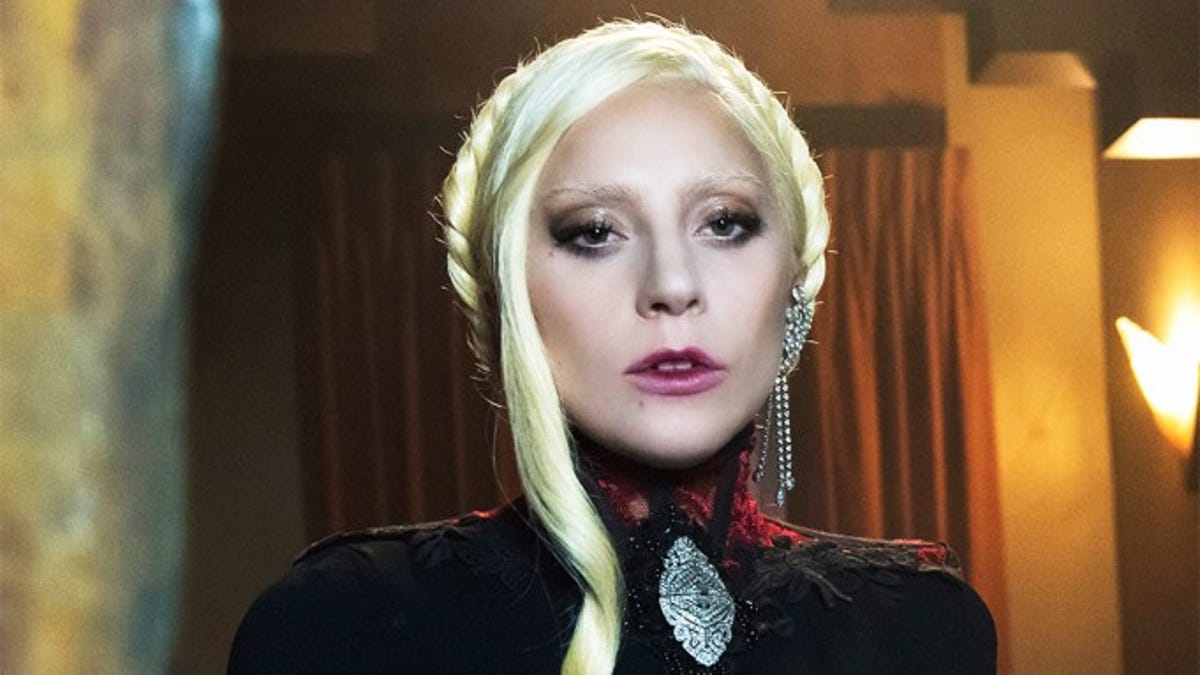The Famicom Detective Club games are a special part of the history of Nintendo’s adventure games. Released for the Famicom Disk System in the late 1980s, they were instrumental in opening the door for visual novels to the console market. Yoshio Sakamoto continued to be a driving force behind the Metroid series. Three decades later, audiences outside of Japan can finally follow in the footsteps of a young detective trying to solve a few deadly puzzles thanks to new remakes of both titles on Switch. The Missing Heir was the first in the two-game series to explore the cursed story of a wealthy family.
The secret in The Missing Heir revolves around the powerful Ayashiro family who built a corporate empire from the ground up. But the family has a few skeletons in their closet that come to light after the head of the family and company chairman Kiku Ayashiro published their wills. Greed, betrayal, and murder follow. This is where you come in. As a young detective, you need to find out the truth about this family dynasty, locked in lies and well-kept secrets. But you’re not in the best of shape yourself: you recently washed up on land with a nasty head wound and have no memory of your past. There is a serious tone from the start that helps sell the stakes and lots of red herrings left me guessing along the way. None of this distracts from the obvious, however: the plot is worn out with a tired trope of amnesia.
Considering this game came out in the late 80s, the adventure still continues. With exciting moments and thrilling twists and turns, I stayed invested until the end, even if parts are predictable, and figured out certain details long before the credits rolled in. My biggest disappointment is that the main actors in the story never develop beyond suspects or plot tools – don’t expect a lot of character development or meaningful dialogue exchanges to move the plot forward. Storytelling is normal, which could be evidence of the game’s age, but it’s unfortunate nonetheless, especially in a visual novel where the narrative drives the game.
As mentioned earlier, the Famicom Detective Club games are visual novels with some elements of adventure. This means reading plenty of text as you investigate the area, interview the locals for information, and gather evidence for new clues. Instead of entering the courtroom like in the Ace Attorney games, you investigate and make deductions based on your results. I was a little disappointed with the limited interactivity, and the bulk of my strategy was to ask questions and come up with evidence at the right time. The occasional puzzle messes things up, but I didn’t find them very interesting to solve as they usually require following lengthy instructions. I enjoyed learning more about each family member in order to piece together subjects, but the slow pace and repetitive dialogue often lowered the momentum.
For this update, Nintendo has re-created the graphics, added Japanese voice acting, and updated both the music and sound effects, which can modernize this classic visual novel. Unfortunately, this remake only goes so far as to fix outdated elements, which is a shame given that some archaic design choices are holding the game back. For example, you often need to ask the characters the same question three times before getting the answer you want, and sometimes you need to approach the questioning and evidence presentation in a certain order to move the plot forward. I have often resorted to trial and error, spamming every possible option in every possible order in order to overcome certain sequences. This is no fun and breaks the plunge if you just want to see the mystery unfold.
As the first entry in the Famicom Detective Club franchise, The Missing Heir gives you the opportunity to experience an important point in the history of the visual novel. Putting this secret together and seeing where it leads has that undeniable appeal. While the new graphics offer a nice leap in quality, this remake doesn’t change some of the more archaic aspects of the experience or even try to make the characters or story more interesting to keep up with the modern times. If anything, this is a tantalizing way to look back at the history of this franchise that I am very excited about as it satisfies my curiosity about this classic series. Unfortunately, it doesn’t make a bigger impact than that.







